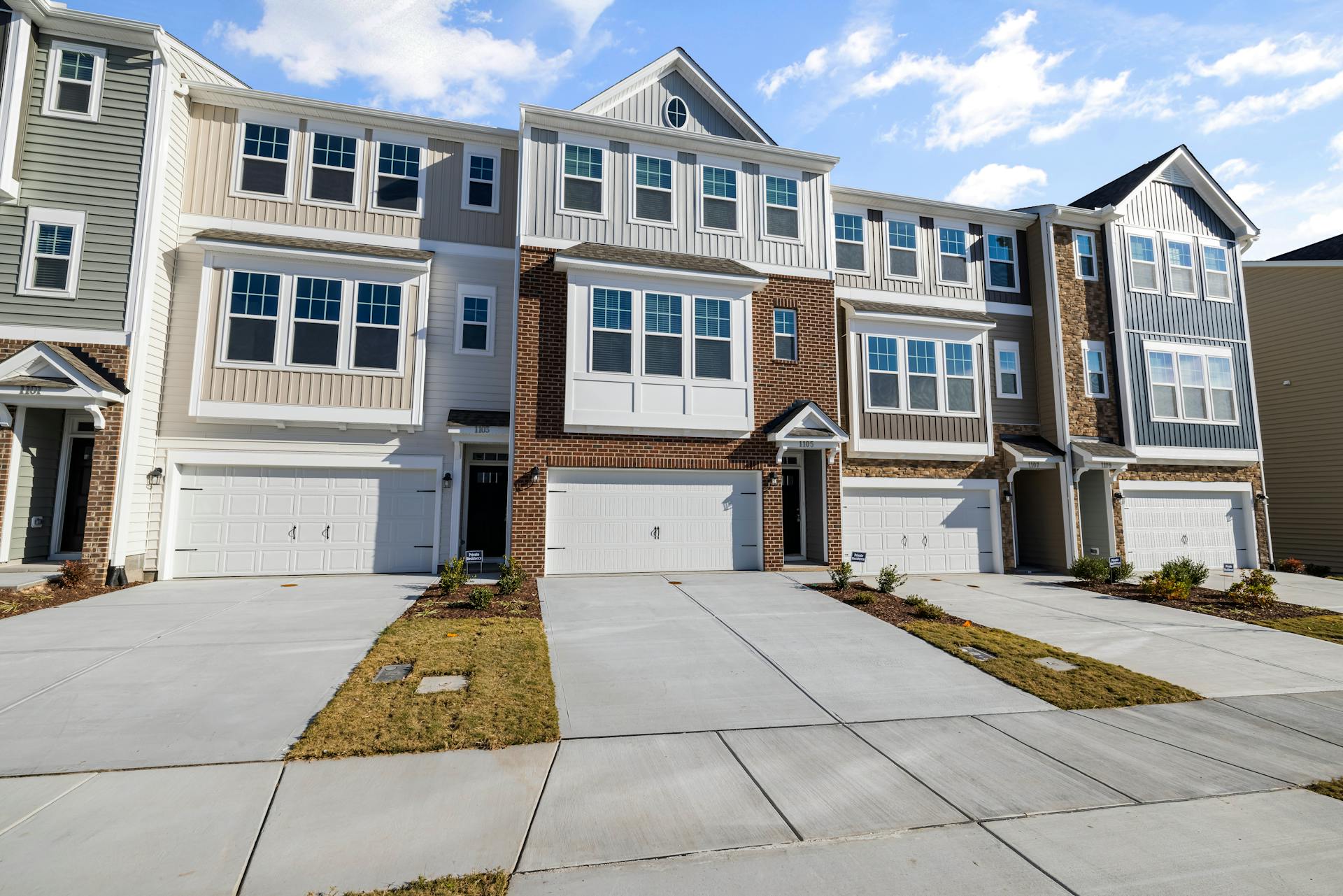

Question: What is the Difference Between a Duplex and a Townhouse in Canada?
Answer: Differences between and duplex and a townhouse in Canada include: A duplex is a building with two separate dwelling units, either side-by-side or stacked. A townhouse is one of a row of similar units, each with its own entrance and shared walls.
Understanding Canadian Housing: Duplex vs. Townhouse
Navigating the Canadian real estate market can feel overwhelming, especially with the diverse range of housing options. Two popular choices, duplexes and townhouses, often cause confusion. While they share some similarities, several key distinctions set them apart. Understanding these differences is important for making informed decisions when buying or renting.
Ownership Structure: A Defining Characteristic
A fundamental difference between duplexes and townhouses lies in their ownership structure. A duplex essentially comprises two separate dwelling units within a single building, sharing a common wall. Each unit typically has its own entrance, utilities, and private yard space. You own both the structure and the land it sits on.
Townhouses usually involve multiple units attached in a row, sharing one or two walls with neighboring units. While townhouse owners possess their individual unit and a small portion of land directly attached to it, they share ownership of common areas such as walkways, driveways, and recreational spaces. This shared ownership often comes with monthly maintenance fees covering upkeep and repairs of these shared elements.
Click here for more information on top Orangeville realtors
Related Article: Are Duplexes Good Rental Properties?
Related Article: Are Townhouses and Duplexes the Same Thing?
Land Use and Privacy: Key Considerations for Homebuyers
Land use and privacy represent further significant differences. Duplex owners typically possess a larger portion of land compared to townhouse owners. Duplexes generally offer more outdoor privacy, with separate yards and potentially greater distance between neighbors. In contrast, townhouses, with their shared walls and smaller lots, provide less privacy. Shared amenities in townhouse complexes, while convenient, can contribute to less personal space.
Cost and Maintenance: Weighing the Financial Implications
Cost and maintenance requirements also diverge. Generally, duplexes carry a higher purchase price than similarly sized townhouses, primarily due to the greater land ownership involved. Duplex owners bear the full responsibility for maintenance and repairs of their entire unit and the surrounding land. Townhouse owners, on the other hand, benefit from shared maintenance costs for common areas, reducing individual financial burdens. They must also factor in monthly maintenance fees, which can vary considerably based on the complex and its amenities.
Location and Community: Urban vs. Suburban Living
Finally, location and community atmosphere frequently distinguish duplexes and townhouses. Duplexes are more common in established, lower-density neighborhoods, sometimes offering a quieter, more suburban feel. Townhouses, conversely, often concentrate in urban or suburban developments, providing closer proximity to amenities, public transit, and a more community-oriented lifestyle.
Choosing the Right Fit: Duplex or Townhouse?
In conclusion, the decision between a duplex and a townhouse depends entirely on individual needs and priorities. Duplexes offer greater ownership and privacy, while townhouses provide affordability and shared maintenance responsibilities. Consider your lifestyle, budget, and desired level of community involvement when making this important housing choice. By carefully weighing these factors, you can confidently select the option that best aligns with your vision of the ideal Canadian home. Prospective homeowners should consult with real estate professionals to gain a more nuanced understanding of local market trends and specific property details. Making an informed decision involves careful consideration of all aspects of each housing type. [ 1 ]
References
1. https://wowa.ca/types-of-house-in-canada


